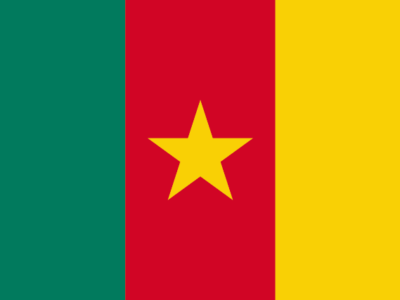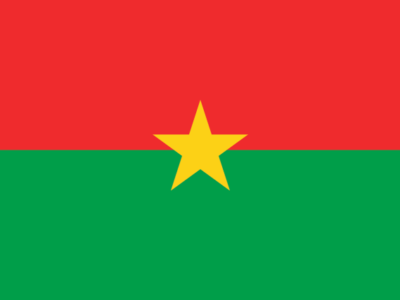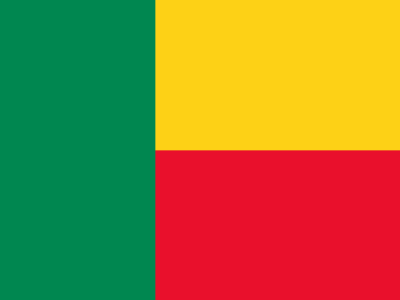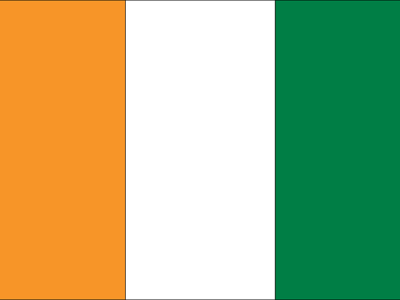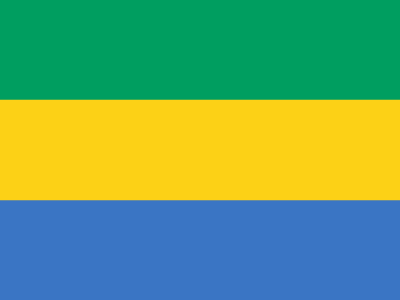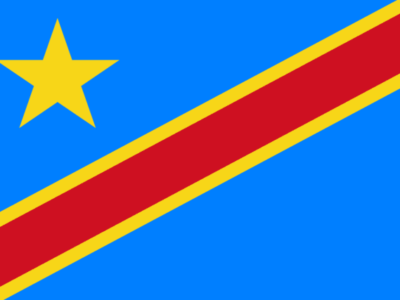New Center to Boost Fight Against Transboundary Plant Pathogens
New Center to Boost Fight Against Transboundary Plant Pathogens
- A new center of excellence with the mission to rein in on transboundary plant pathogens would be inaugurated at a high-level event scheduled for Thursday, May 27, 2021, in Abidjan, Cote d’Ivoire.
- Farmers, producers, and millions of others involved in the food system value chain would be the primary benefi- ciary of the center.
- The center is made possible by the Central and West African Virus Epidemiology (WAVE) and CORAF with funding from donors including the Bill and Melinda Gates Foundation, the Foreign, Commonwealth and Deve- lopment Office and the European Union and the political support of ECOWAS and ECCAS.
- A high-level dialogue on cassava viral diseases would seek to ensure national action plans are implemented and that partnerships are strengthened to fight these pathogens.
Migratory insects, plant diseases, and other pests pose a substantial threat to the harvests and revenue of West and Central African farmers. As locusts, the fall armyworm, fruit flies, banana and cassava diseases, wheat rusts, etc., spread across West and Central Africa, farmers lose their crops, food security is threatened, and the local biodiversity and environment are damaged.
But this situation is about to change thanks to efforts from the Central and West African Virus Epidemiology (WAVE) and CORAF with funding from the Bill and Melinda Gates Foundation, the Foreign, Commonwealth and Development Office and the European Union and the political support of the Economic Community of West African States (ECOWAS) and the Economic Community of Central African States (ECCAS).
At a major high-level event organized jointly by WAVE and CORAF in collaboration with the Ivorian Government planned for May 27-28, 2021, the new center of excellence on transboundary plant pathogens would be inaugurated.
The event taking place at the Scientific and Innovation Centre of the Félix Houphouët-Boigny University in Bingerville, Abidjan, would pull together the major national and regional food system actors of West and Central Africa with the objective to also have a high-level dialogue on critical issues around the cassava viral diseases.
«For farmers and all those involved in the agriculture value chain in West and Central Africa, this center is an important part of the solution to sustainably tackling plant pathogens. This is what the center is primarily about» says Prof. Justin Pita, Executive Director of WAVE.
Regional Centres of Excellence are tools used to address a major challenge in agricultural research. They are also spaces for the exchange of ideas, the creation of synergies and the pooling of human and financial resources as well as equipment to address a specific challenge.
“Our agriculture is under severe duress and this is exacerbated by climate change. That is why the food and nutritional security of our populations has become a major concern. This regional centre can provide sustainable solutions that will transform the agricultural economy of West and Central Africa,” says Dr. Abdou Tenkouano, the Executive Director of CORAF.
Actionable National Plans
Under WAVE’s leadership and in partnership with national stakeholders, ten West and Central African countries have developed national response plans to viral diseases.
Besides inaugurating the new center of excellence on transboundary plant pathogens, the Abidjan event would also offer a platform for government ministers from several West and Central African countries alongside other policymakers and experts to brainstorm on the monitoring and management of cassava viral diseases.
During the two-day event, discussions would focus on understanding the leading cassava viral diseases and operationalizing the national action plans. Several panel discussions are scheduled across two days, including but not limited to also discussing approaches to strengthen synergies between national and regional organizations to establish an effective surveillance system.
About WAVE
Central and West African Virus Epidemiology (WAVE) is a shared technical platform supported by a network of universities and national scientific and biotechnological research institutions.
The main objective of WAVE, which is part of a sub-regional approach, is to increase the production of crops, particularly root and tuber crops (RTCs) in Central and West Africa in a sustainable manner by developing methods to control and effectively manage the diseases affecting these crops.
For that purpose, WAVE has made it possible for member countries (Benin, Burkina Faso, Cameroon, Côte d’Ivoire, Democratic Republic of Congo, Gabon, Ghana, Nigeria, Sierra Leone, and Togo) to set up and/or revitalize functional molecular diagnostics/research laboratories, advocate for the implementation and/or review of relevant policies where necessary, facilitate training, awareness-campaign, disease surveillance and monitoring, and technology transfer mechanisms necessary for securing the production of major staples and food security crops especially root and tuber crops in Central and West Africa.
About CORAF
CORAF is a coordination tool among West and Central African countries, promoting sustainable food increases, family farmers’ competitiveness, and free inter and intra-regional trade. Established in 1987, CORAF comprises a vast network of institutions belonging to national agricultural research systems, from which it draws its mandate to act on their behalf. With a membership from more than 23 countries in West and Central Africa, CORAF is the largest sub-regional research coordination organization in Africa. Regional Economic Communities such as the ECOWAS, UEMOA, ECCAS, and CEMAC have cooperative agreements, permitting CORAF to advance its agriculture priorities from a science and innovations perspective. CORAF has a track record of results that have earned the trust of the World Bank, African Development Bank, European Union, Swiss Cooperation, AusAid, JICA, Global Affairs Canada, and other multilateral and bilateral institutions, which are its primary funders.
